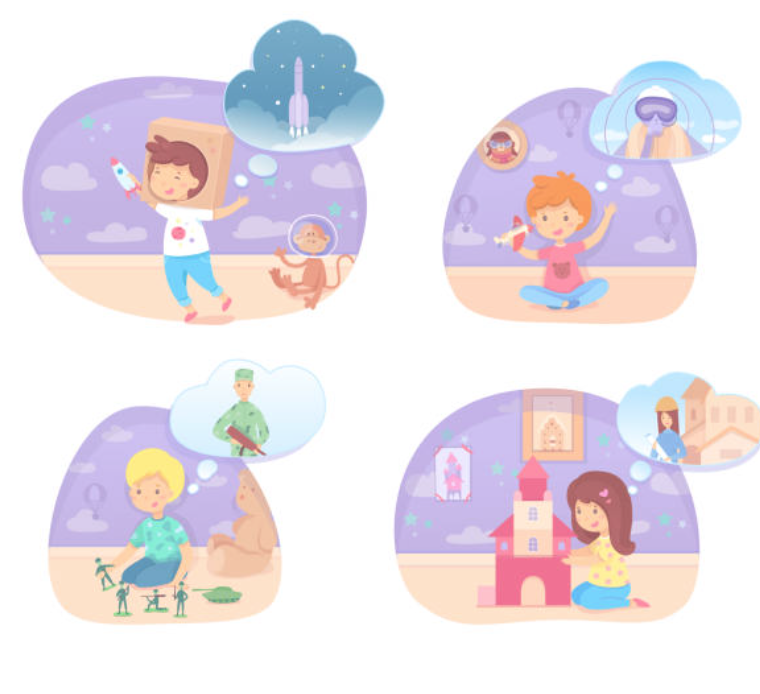Engineering Mindset 7 : Children evaluate designs and make improvements
By Christine Cunningham
 As mentioned earlier, reflection and evaluation of ideas is critical to the engineering mindset. Children are rarely asked to evaluate their own work, and engineering provides a rich arena in which to practice these skills. Engineering designs can be tested to see how well they work and the feedback from testing can be used to revise and improve solutions. High-quality engineering activities emphasize the iterative nature of engineering design and have opportunities for revision and improvement built into them.
As mentioned earlier, reflection and evaluation of ideas is critical to the engineering mindset. Children are rarely asked to evaluate their own work, and engineering provides a rich arena in which to practice these skills. Engineering designs can be tested to see how well they work and the feedback from testing can be used to revise and improve solutions. High-quality engineering activities emphasize the iterative nature of engineering design and have opportunities for revision and improvement built into them.
The goal of engineering is to systematically develop solutions to problems. But in many ways, finding a solution is only the beginning. It is expected that engineers develop and improve technologies. In fact, most engineers devote considerable time to the process of improvement. This expectation to revise and to upgrade solutions is critical to the field of engineering and provides a unique opportunity for students to learn to evaluate their own work and make changes. The process of improvement is built into the engineering design process. The functioning, final solution that engineers release oftentimes only vaguely resembles their original ideas. Getting to the polished product is a result of iterative cycles of improvement. They assess their designs against criteria and constraints. They collect data and analyze them to evaluate how well the design performs against these standards. Some tests are calculations, some are computer models, others are conducted on physical models. Regardless, engineers observe; make detailed notes; collect, record, and analyze data; and they use the information they gather to make data-driven decisions. Youth who evaluate and improve their work develop essential skills: self-guided critical thinking, evidence-based decision making, and creativity. At times, not all team members agree on ways to improve solutions. In such cases, engineers are expected to present their recommendations. They try to convince teammates by using evidence and data. They may consider their testing results as well as data about the environmental, societal, economic, and ethical impacts. The team weighs the possibilities and data and develops a plan for the next iteration. When youth engage in this process, they deepen their understanding of the process while building language and communication skills.
In addition, the process of evaluating and improving helps youth realize that things don’t always work as expected, and failure is not something to be feared. Rather, it is an opportunity to imagine new ideas, draw up new plans, and make solutions even better. This experience helps youth develop a growth mindset.

